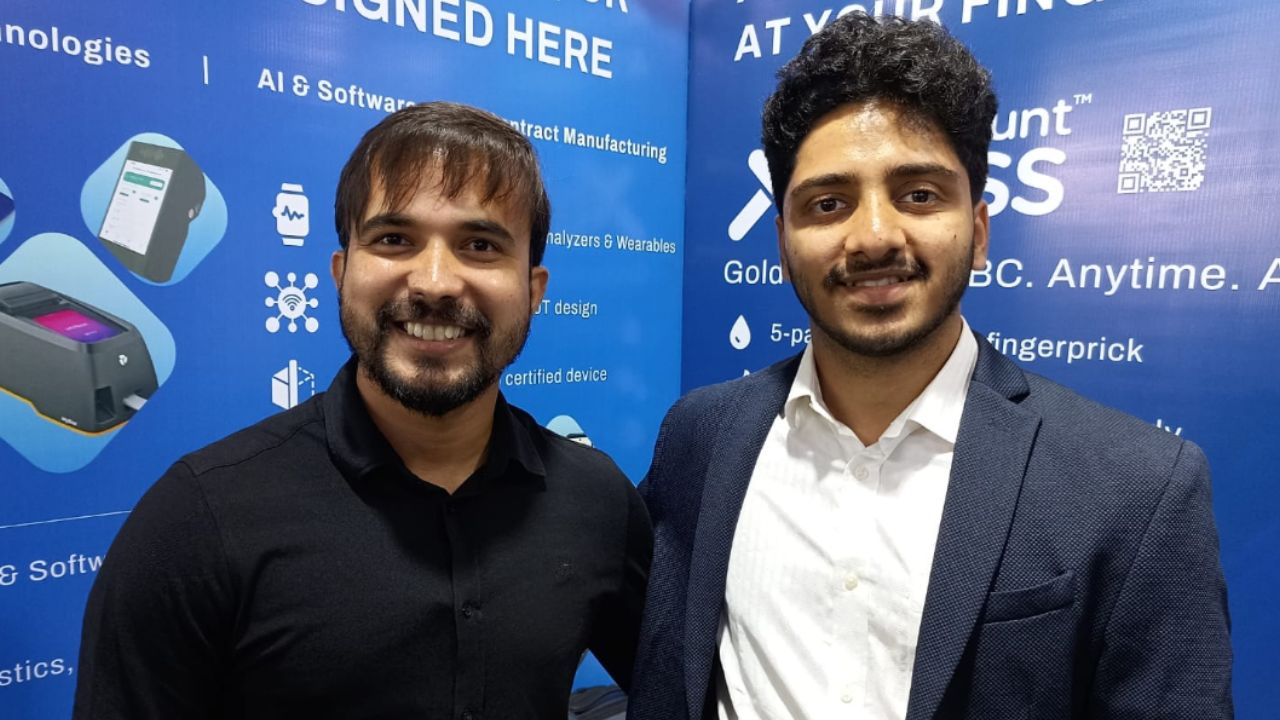Frostar Foods Private Limited specializes in premium frozen vegetables and fruits, focusing on preserving their natural goodness and flavor. Leveraging advanced technology, automation, and stringent hygiene protocols, the company has positioned itself as a global leader. The company is earning the trust of customers worldwide.
With expertise in individually quick-frozen (IQF) techniques that maintain the highest nutritional and taste standards, Frostar Foods processes up to 10,000 metric tons of peas, serving domestic and international markets. The company offers a diverse range of frozen products that meet exceptional quality benchmarks, consistently delivering value to consumers.
Frostar aims to extend beyond Indian territory, aspiring to become a prominent global player in the frozen foods industry. Committed to expanding exports, the company has introduced its premium frozen produce to international markets. It proudly showcases the richness of Indian agriculture to the world.
In an exclusive conversation with The Interview World, Raghav Bansal, Director of Frostar Foods Private Limited, shared the inspiration behind starting the frozen vegetables business. He detailed how the company ensures the nutrients of their frozen produce remain intact during transit from cold storage to retail, discussed the innovative new varieties of frozen vegetables in development, and emphasized his long-term vision for the company. Here are the key takeaways from this insightful interview.
Q: What were the key motivations that led you to start Frostar, and how did they shape your vision?
A: The inspiration to start this plant emerged during my MBA studies abroad. While discussing our family’s pulp and paper business with my brothers, we felt the need to diversify and venture into something new. We wanted to establish a business that was more stable and less impacted by market fluctuations. Around that time, COVID had just struck, and our family business was experiencing significant volatility.
Seeking a more stable industry with consistent demand, we identified frozen foods as the ideal opportunity. Additionally, we explored the financial and administrative support available from government subsidies, which further reinforced our decision. These factors ultimately drove us to enter the frozen food industry.
Q: How do you ensure that the nutrients in fresh farm produce are preserved during the freezing and delivery process, while maintaining the quality and freshness for consumers?
A: It is crucial to ensure that nutrients remain intact during the freezing process. A common misconception is that freezing causes nutrient loss, but that is simply not true.
At Frostar Foods, we rigorously test every truckload of raw material that enters our facility, ensuring we meet strict quality standards throughout the process. During blanching, we carefully control the temperatures to optimize preservation.
The key to maintaining nutrient content lies in storing the product at consistent temperatures, typically between -18°C and -20°C. As long as the temperature remains stable, the nutrients don’t deteriorate. However, any deviation from this temperature can compromise the product’s quality. This precise temperature management is how we ensure our products retain their full nutritional value.
Q: How do you integrate with the supply chain to ensure consistent temperature control from production to delivery, preserving the quality of products throughout the post-storage process?
A: We operate our own fleet of vehicles to ensure the timely delivery of our frozen products. When transferring products from cold storage, we prioritize efficiency and speed. The transition time from the cold store to the vehicle must be minimal to prevent any temperature loss.
To achieve this, we pre-cool our vehicles to the required temperature before loading. During delivery, it is essential that the vehicles remain operational and that the air conditioning systems are fully functional. This approach is critical for maintaining the cold chain throughout the delivery process. Consequently, our team remains vigilant to guarantee that the cold chain is consistently preserved.
Q: What innovations are you implementing to introduce your new product category to the market, and how do you plan to differentiate it from existing offerings?
A: Starting next month, we will introduce soya chaap to our product line. Currently, we are focused on corn, and in the upcoming vegetable cycle, we will incorporate beans, red and orange carrots, methi cubes, palak cubes, and mixed vegetables. We are committed to expanding our offerings and will also accommodate any additional market orders.
Moreover, okra and green chili are experiencing significant growth within the industry, and we are seeing a surge in innovation as well.
To enhance our operational efficiency, we are implementing autocut technology and investing in both basic and advanced automation in our plant. These improvements will help us streamline our processes and boost productivity.
Q: What is the production capacity of your plant, and how does it align with current demand and future growth projections?
A: We operate one of the largest processing plants on a single line, capable of processing 6 metric tons of frozen peas per hour. Additionally, our cold storage facility has a significant capacity, accommodating approximately 5,500 to 6,000 tons. Our IQF plant is designed with future growth in mind, allowing us to add another production line when needed easily.
Our infrastructure is strategically aligned for expansion, enabling us to incorporate additional production lines and increase cold storage capacity. Furthermore, our facility is solar compliant, and we are planning to install a solar plant on the roof to enhance our sustainability efforts. This is our current initiative moving forward.
Q: Can you describe the current size of your business, and how do you envision its growth and development over the next 5 to 10 years?
A: The frozen food market is experiencing significant growth, driven by changing consumer demographics and psychology. As lifestyles become busier, the traditional role of household food preparation is evolving. Now, everyone is contributing to household duties, and few have the time to peel vegetables.
Consequently, the market for frozen vegetables is expanding, presenting substantial opportunities within the industry. This growth opens avenues for diversification into areas such as pulping, canning, and spice production. The industry’s potential is robust, and with the evolving consumer mindset, we can achieve a revenue target of approximately Rs. 75 crores within the next five years. We are optimistic about this goal and look forward to the opportunities ahead.










1 Comment
I like the efforts you have put in this, regards for all the great content.
Comments are closed.